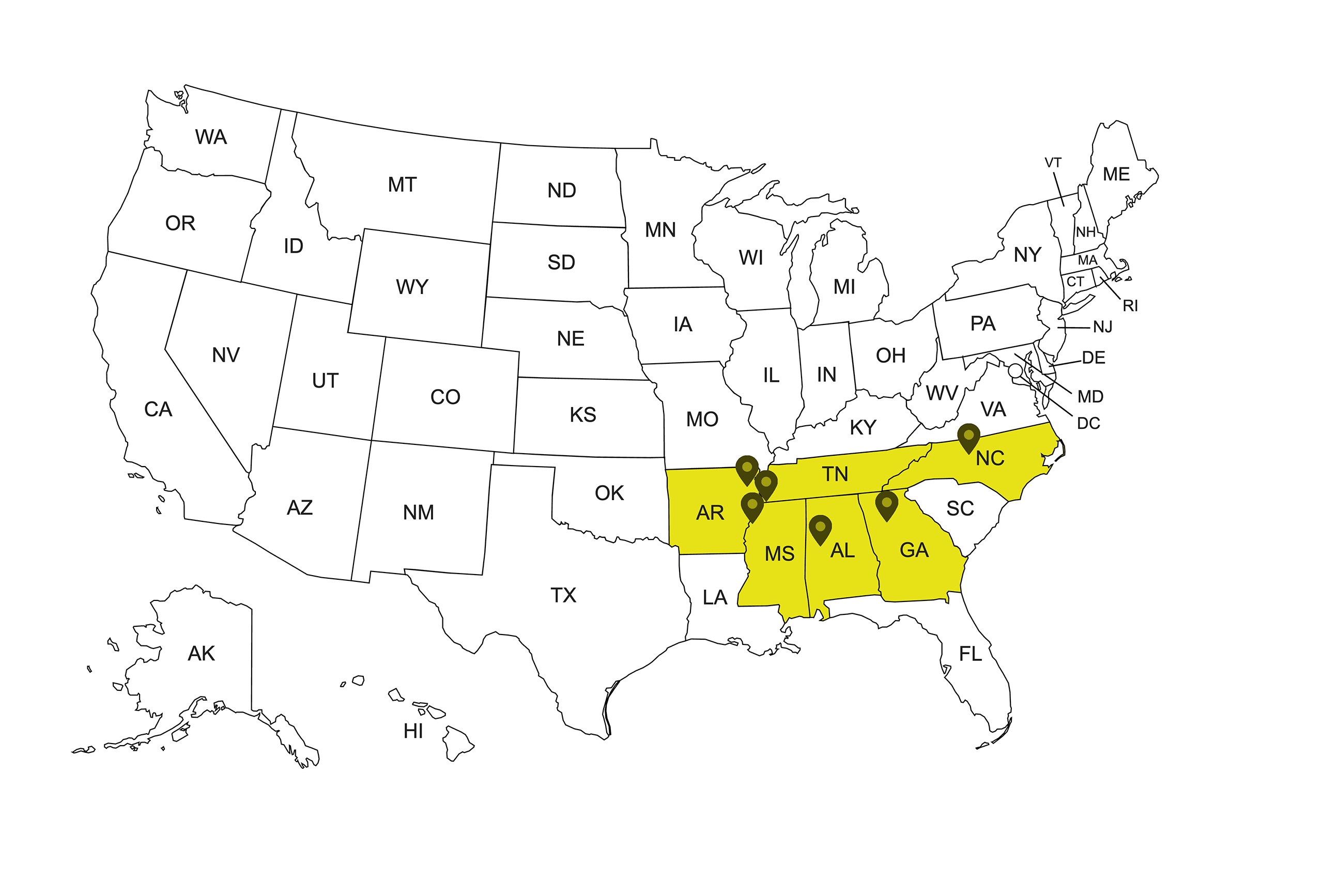

Workforce Communities of Inquiry in the Deep South
October 17, 2023
At a Glance
Community-based practitioners across six states in the Deep South are utilizing an asset-based research approach to catalog the experiences of Black learners and workers to identify opportunities for improved local workforce system effectiveness.
Challenge
Black people living in the Deep South have long experienced systemic racism, occupational segregation, and a lack of opportunities to establish economic security and generational wealth. These dynamics have exacerbated the wealth gap between Black and white people in this region. Across the country, the workforce system has struggled to respond to and meet the diverse needs of those in the community who utilize their services, which range from basic support with job searching and career exploration to more intensive supports such as job training and unemployment services. To develop a deeper understanding of how systems, policies, partnerships, and behaviors influence workforce services and outcomes across the Deep South, JFF has launched the Workforce Communities of Inquiry (WCI).
Approach
JFF selected six workforce organizations across the Deep South to form the pilot cohort of Workforce Communities of Inquiry (WCI). The WCI model equips these organizations with an asset-based research protocol and supporting tools and training to engage community stakeholders in exploring service delivery, equitability, and jobseeker outcomes within the context of race and diversity. This appreciative approach amplifies positive and aspirational practices in an effort to replicate, adapt, and expand those across systems. Organizations will utilize cutting-edge artificial intelligence that identifies patterns and themes across conversations, which supports data organization, structure, and analysis. Each organization will develop a set of insights and recommendations based on their respective data sets. Simultaneously, these insights will inform JFF’s broader research agenda.

Results
Workforce Communities of Inquiry is a key component of JFF’s workforce transformation strategy. It will result in a flexible, repeatable model that will allow workforce organizations to engage in focused, thoughtful, and structured research within their communities to address complex, systemic issues.
The research will reveal exemplary behaviors, practices, and/or conditions with the potential to yield transformative action across the workforce system. It will surface potential solutions to addressing systems-level challenges that continue to promote or uphold inequitable practices, specifically those that disproportionately impact people who are Black.
Conversations held as part of WCI will help inform the Center for Racial Economic Equity’s understanding of how occupational segregation impacts Black communities and identify strategies that help eradicate the Black/white wealth gap in the United States.
Funding by Walmart through the Walmart.org Center for Racial Equity.
Related Content

How Workforce Boards Can Take Action by Embracing Risk
April 4, 2023
Digital Skills for All: How Public Workforce Leaders Are Building On-Ramps to Digital Jobs for Underrepresented Workers
September 5, 2023
Quality Jobs Framework
JFF’s framework spells out new standards for quality jobs and actions we can all take to improve job quality—and ultimately help millions more people advance in the economy. How to use this framework: Explore the…





